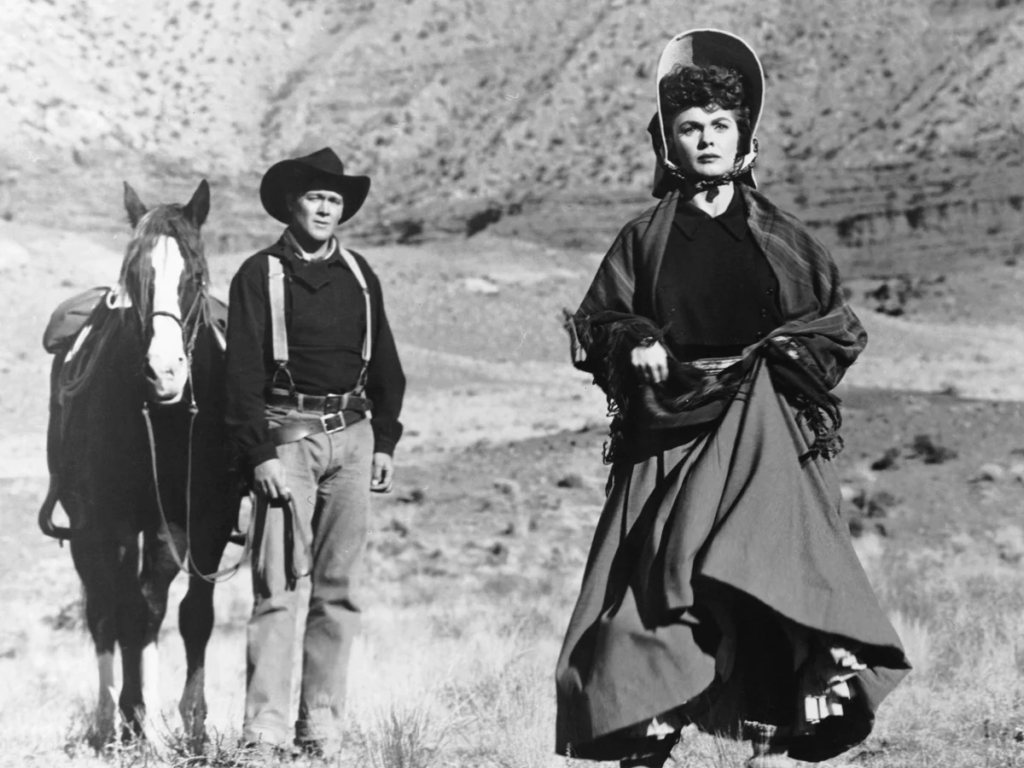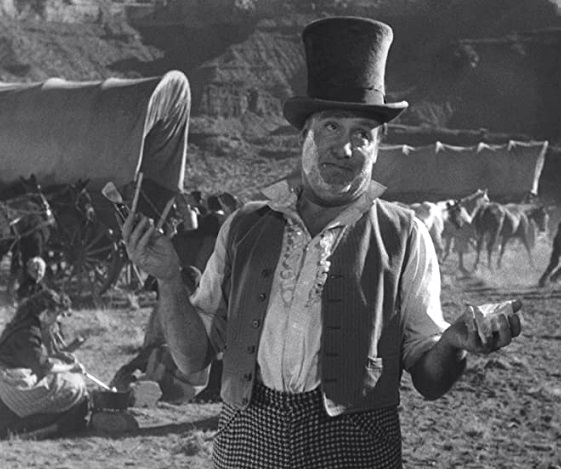Introduction
When it comes to feel-good movies, a dusty 1950s Western might not be the first thing that comes to mind. But Wagon Master (1950), directed by the legendary John Ford, is a cinematic gem that offers a heartfelt plea for tolerance, communal strength, and simple human decency. Set against the expansive backdrop of the American West, this often-overlooked film delivers more than just beautiful landscapes—it’s a story of unity and resilience.



1. A Powerful Message of Tolerance
At its core, Wagon Master is about people from different walks of life coming together in the face of adversity. The Mormon pioneers, the wagon masters, and even displaced performers must learn to coexist. Ford’s film subtly but powerfully underscores the value of inclusion and mutual respect.
2. A Gentle, Character-Driven Narrative
Unlike many Westerns of its time that focus on gunfights and machismo, Wagon Master slows down to let its characters breathe. There’s no single protagonist—instead, we see a mosaic of experiences, making the story feel authentic and human. That gentleness makes it especially comforting to watch.
3. Stunning Cinematography
Shot by cinematographer Bert Glennon, the film uses Utah’s Monument Valley to full emotional effect. The natural light, sweeping vistas, and poetic framing lend the movie a timeless, meditative quality that amplifies its themes of journey and hope.
4. A Joyous Score and Musical Interludes
Music plays a key role in creating the film’s upbeat atmosphere. With folk-inspired tunes and spontaneous singing woven into the plot, Wagon Master feels as much like a musical celebration of community as it does a Western.
5. A Standout Ensemble Cast
Ward Bond, Ben Johnson, and Harry Carey Jr. deliver heartfelt performances without overshadowing the ensemble dynamic. Every character gets their moment, enhancing the sense of shared purpose that makes the film so emotionally resonant.
6. John Ford at His Most Humane
While Ford is often associated with stoic heroes and grand battles, Wagon Master reveals his deep humanism. It’s arguably one of his most tender and optimistic works, free from cynicism and violence-heavy plotlines.
7. A Feel-Good Film With Substance
Wagon Master manages to lift your spirits while still offering meaningful commentary on community, tolerance, and the American spirit. Its moral center and warm tone make it a rare gem in the Western genre—one that leaves you uplifted and thoughtful.
Conclusion
Wagon Master may not be the most famous Western, but its soulfulness, cinematic beauty, and plea for tolerance make it one of the most rewarding. In an age when many films aim to dazzle or shock, this film simply asks us to be better to one another—and that’s exactly what makes it feel so good.
If you’re looking for a feel-good movie with heart and substance, give Wagon Master a watch. It just might become your new comfort classic.








